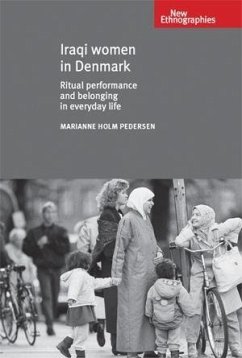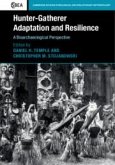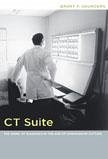Iraqi women in Denmark is an ethnographic study of ritual performance and place-making among Shi'a Muslim Iraqi women in Copenhagen. By focusing on the interrelations between religious practice and constructions of belonging to local society, the book provides a novel perspective on Middle Eastern immigration to Europe. The findings of the book refute the all-too-simplistic assumptions of more general debates on Islam and immigration in Europe that tend to frame religious practice as an obstacle to integration in the host society. In sharp contrast to the fact that women's religious activities in many ways contribute to categorising them as outsiders to Danish society, their participation in religious events also localises them in the city. By distinguishing between processes of inclusion and exclusion on the local and national levels, this monograph shows the complexities and contradictions in women's multiple senses of belonging. Drawing on anthropological theories of ritual, relatedness and place-making, the analysis underscores the necessity of investigating migrants' notions of belonging not just as a phenomenon of identity, but also with regard to the social relations and practices through which belonging is constructed and negotiated in everyday life. Based on a thorough ethnographic account, the book shows how women's religious engagement is related to their social positions in Danish society, and it highlights the great extent to which the Danish welfare state, its institutions, and its policies affect the settlement of Iraqi families in Denmark. Written in an accessible, narrative style, this book addresses both an academic audience and the general reader interested in Islam in Europe and immigration to Scandinavia.
Hinweis: Dieser Artikel kann nur an eine deutsche Lieferadresse ausgeliefert werden.
Hinweis: Dieser Artikel kann nur an eine deutsche Lieferadresse ausgeliefert werden.








